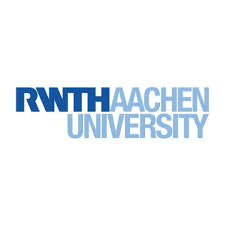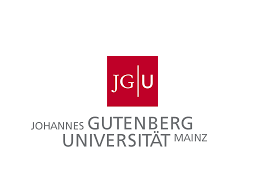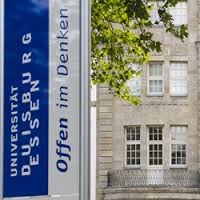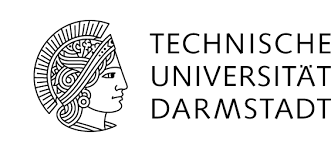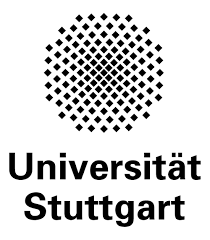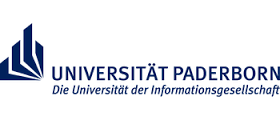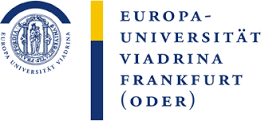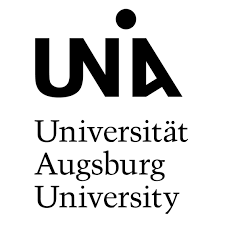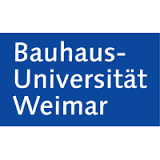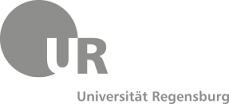Germany
Economic Overview of Germany and What it means for International Students?

Before you decide about going to study in Germany, learn about its economy and what are the growth forecasts? And more importantly, how it affects the international students.
Germany has long been on the World Map. Right from the onset of Imperialism to the World Wars and then the regeneration of one of the most robust economies of the world. The country has built its economy around a sound manufacturing base and continues to be one of the op exporters of heavy machinery, vehicles and chemicals. The country is also at present the fifth largest economy of the world (in terms of PPP) and the largest economy in the European region. It is also the most populous country of the European Union and enjoys many advantages. Last year, (2015) the country recorded an annual growth rate of 2.1 percent. But what does it mean for students planning to study in Germany?
Economic Growth Rate
Germany attracts a large number of international students. The excellent education system coupled with low or no tuition fees makes German Universities a haven for quality education at an economical price. Especially for students from India, the country’s many state run universities offer an excellent study abroad destination. Adding the international courses to the offering, the country has increased in popularity for internationally bound students. But what about after studies? What does the country’s economy tell you about the possibilities of finding a job there after completing your studies? Here’s what you should know.
According to World Bank’s Forecasts, German Economy is slated to take a dip in the coming fiscal to a growth rate of (+) 1.5 percent from the last year’s recorded rate of 2.1. Over the next 5 years, the growth rate would be stable and show a marginal rise to 1.7 percent and then rebound to the rate of 2.9 percent by 2020.
What does this mean for international students?
Every student planning to study abroad aspires to find employment in the country of choice. Be it for a temporary tenure of a couple of years to a more long term immigration plans, the post study jobs are a big determinant. Also, while all aspire to work, the questions most students ask is…Would I be able to get a job in in the country after I complete my graduation from their? The economic overview helps in suggesting the possibilities of finding that job. Needless to say, the more robust the economy, the better the growth and better job prospects. And the economic overview shows possibilities and opportunities in the popular job sectors in Germany.
The steady growth rate, though not necessarily very high, shows hope for the students planning to pursue their masters and bachelors from Germany. It indicates, apart from other economic indicators, a continuous production cycle and a healthy job market. In short, if there are opportunities in the area of specialization at present in the country, the economy shows no signs of any trouble in the coming years or two. In fact, the positively inclined growth forecasts only suggests a positive set of macro parameters which would supplement the growth.
While the country’s economy shows no signs of worries, it is important to understand the most popular job sectors in the country. This necessarily refers to the industries which are showing high growth rate and would, in turn, continue to seek resources for their growth.
To conclude, Germany is a steady and stable economy and with all positive indicators. While the forecasts for the next couple of years does show a limited growth rate of 1.5 percent, there is a strong rebound predicted by end of 2020. This should be a positive tick for selecting Germany as a study abroad destination.
Back







